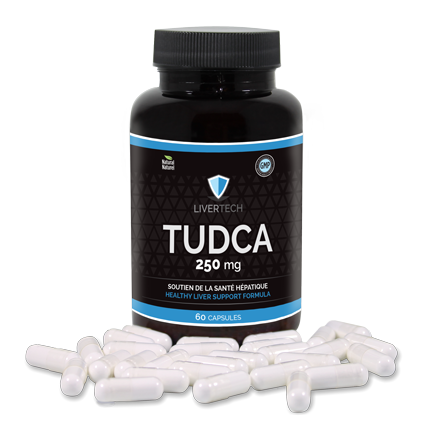
Tudca (Tauroursodeoxycholic acid) is an ambiphilic bile acid. Ambiphilic compounds act as both a nucleophile and an electrophile. Thus either attracting or donating electrons to maintain homeostasis. Tudca is that Taurine conjugate of oursdeoxycholic acid (UDCA). It is found in the human body in minute amounts and found in greater amounts in the bile of the American Black Bear (47% of the bile) and in 76% of the bile of the Asiatic bears.
Tudca has been used in ancient Asian pharmacopeias for its supposed beneficial effects. It was used to treat heat illness, relieve spasms, reduce fever and improve visual acuity.
UDCA is produced in several countries for the treatment of gallstones and liver cirrhosis. In the USA it is an approved treatment for biliary cirrhosis. It aides in facilitating the flow of bile. Research findings show that Tudca has apoptotic effects, helping cardiac function, Huntington’s disease, Parkinson’s disease and stroke.
Apoptosis is the programmed cellular death which is largely influenced by the mitochondria. When mitochondria is in distress they release the molecule cytochrome C (cyC) which initiates enzymes called caspases to propagate cellular mechanisms to cause apoptosis. Bax, is a molecule that is translocated to the mitochondria to release cyC and initiates the cellular pathway to apoptosis. Tudca prevents apoptosis by preventing Bax from being transported to the mitochondria.
The US Food and Drug Administration approved hydrophilic bile acid for the treatment of certain cholestatic liver diseases. It inhibits oxygen radical production, reducing endoplasmic reticulum (ER) stress and stabilizing the unfolded protein response (UPR). That ER stress contributes to insulin resistance and treatment with Tauroursodeoxycholic acid (TUDCA), a hydrophilic bile acid derivative that acts as a chemical chaperone to enhance protein folding, ameliorating ER stress and increasing insulin sensitivity. 1
References:


